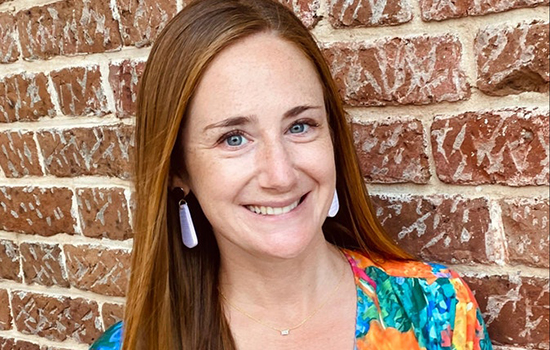Career Themes from the American Happiness Documentary
Michelle Wax, Founder of American Happiness Project
March 2021

On our documentary journey across the USA, I talked to more than 500 self-identified “happy” people in all 50 states. We recruited them through grassroots efforts, and our goal was to capture how everyday Americans from all walks of life create happiness, regardless of external circumstances like income level, job title, education, background and location.
Throughout the interviews, there were a few career themes that arose:
1. Stepping back often means a leap forward for happiness.
Many of the happy Americans I’ve interviewed have pivoted at some point in their career…and often a pay cut came with it. To the surprise of their family members and friends taking a ‘step back’ (career-wise or financially), catapulted them to a purposeful and happy life. Sure, it may have taken a few years of not seeing as much money in the bank account, but happiness levels soared long-term.
One person I talked to was working as a consultant, but had always wanted a food business. She wound up taking a job at a local bakery for a year to try it out. Most of her family and friends thought she was taking a major step back and didn’t understand it. But after that year, she went on to start her own food business, where she felt as though she was living her true calling each day.
2. Wealth level was of surprisingly little importance.
Having more money in the bank didn't necessarily bring one the skills to create happiness. In fact, it was sometimes just the opposite. Individuals who hadn’t learned the skills to create happiness on their own terms found themselves reaching financial goals and achievements, but feeling empty inside.
But for people with a happiness building skill set that worked for them–for example, keeping a gratitude journal, self auditing what is bringing them joy, giving back to the community, reframing situations with a positive mindset or having a personal mission statement–wealth was a mechanism for freedom and impact. Those things do lead to more happiness–but it’s not because of the money in the bank.
3. It’s okay for your ‘dream’ to change.
It takes consistent effort to keep evaluating whether what you’re doing from day to day is truly making you happy. And it takes courage to walk away when the answer is ‘no’ for enough days in a row. Most of the time, no one will understand why you’d walk away from your “dream” except for you.
When I was visiting Friendsville, TN, I met a couple who had been living in Florida until a few years prior. There, they were constantly stressed with bills and expenses and were unhappy with their jobs–but they felt they were doing what they “should.” Then, the wife was diagnosed with Stage 3 cancer and had a surgery that left her in a coma. When she woke up, she looked at her husband and said she needed a change.
They decided to move to a tiny farm in Tennessee, despite the fact their friends and family didn’t think they’d last more than two months there. But years later, they’re still there, loving every moment of their different pace of life.
Happiness doesn’t just happen. It requires work.
It’s easy to ignore the feeling that things aren’t right and to push it down because of logic, but logic very rarely pushes you to become the person you truly want to be. I recommend taking an audit of what is creating happiness in your own life every three months, and asking yourself what you truly want, whether the activities you do each day are aligning with what you want, and what shifts you can make to start incorporating more of what you want into your daily life.


